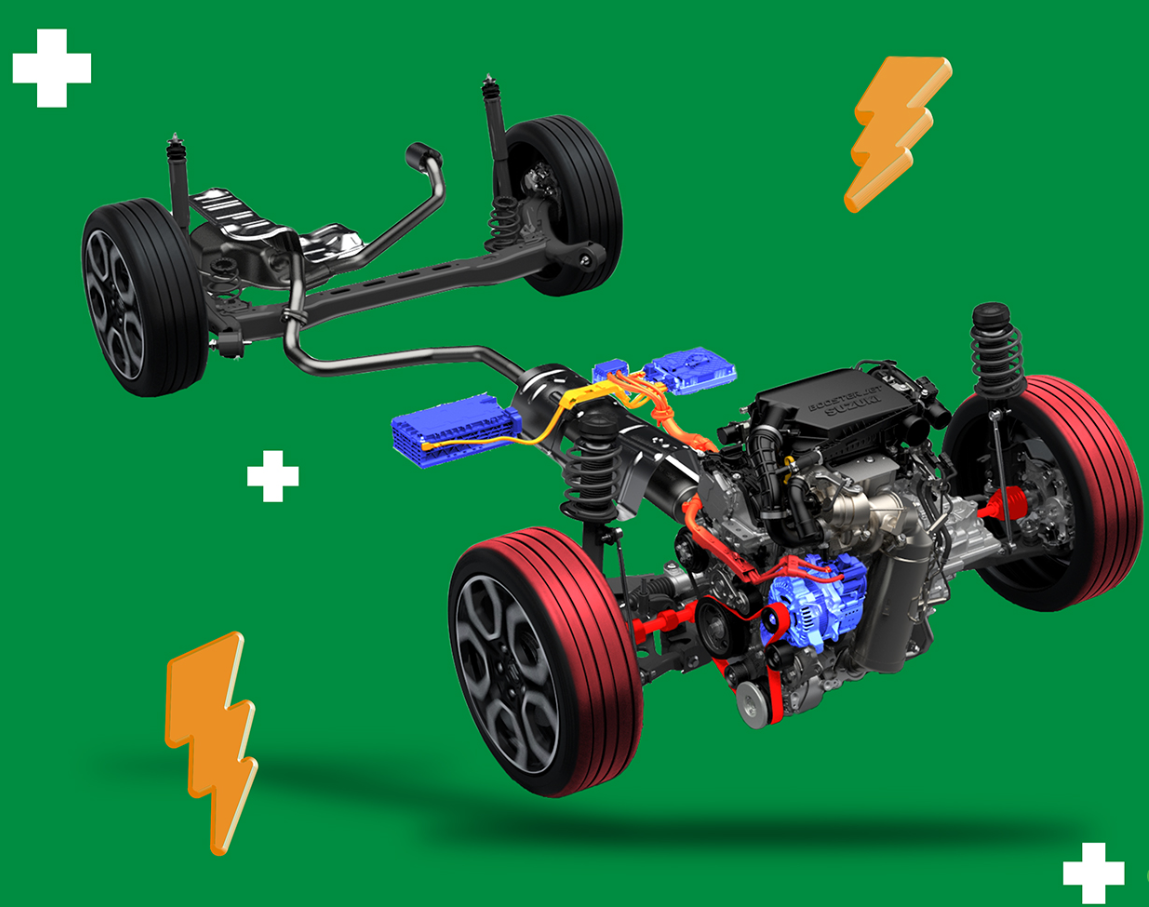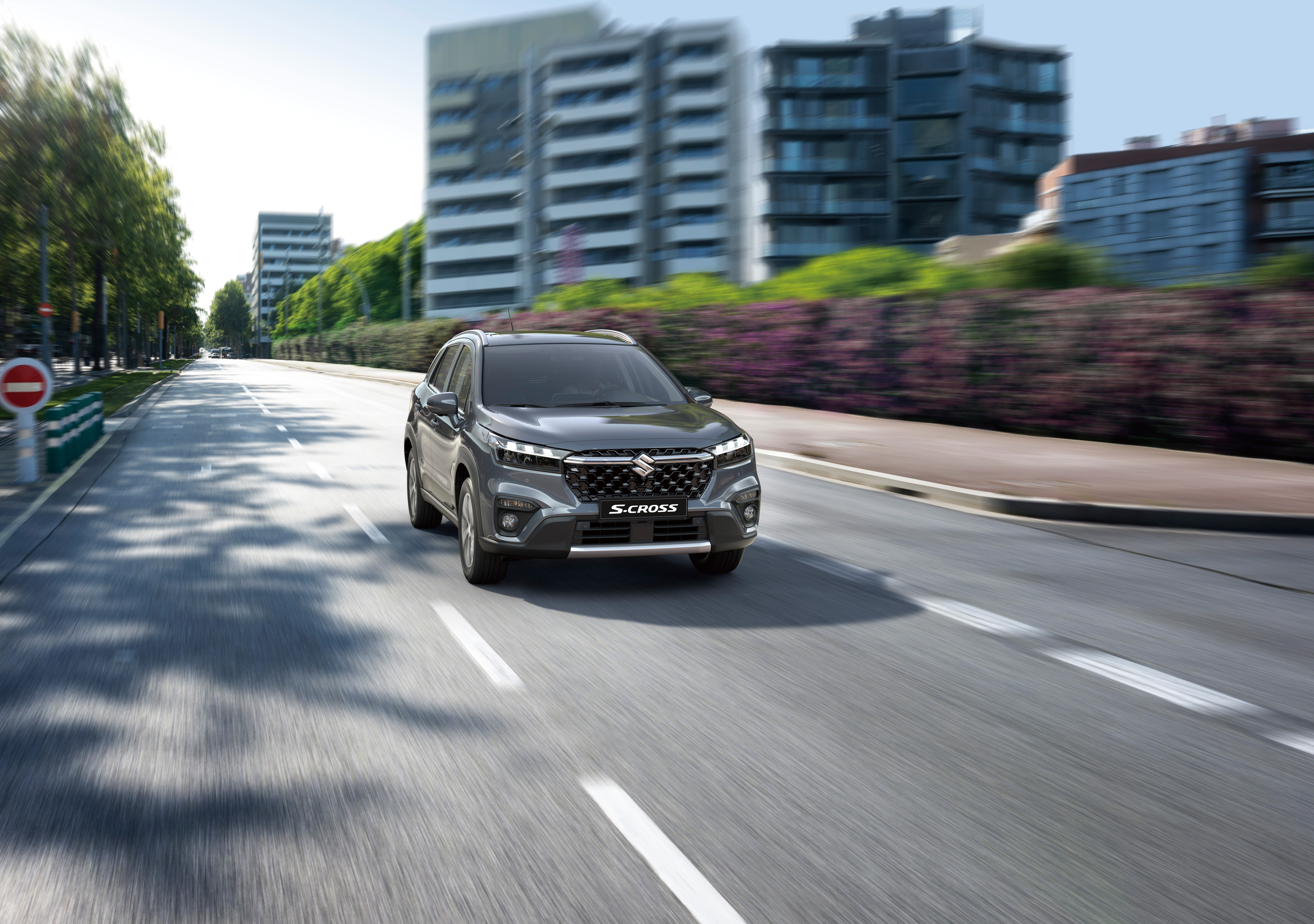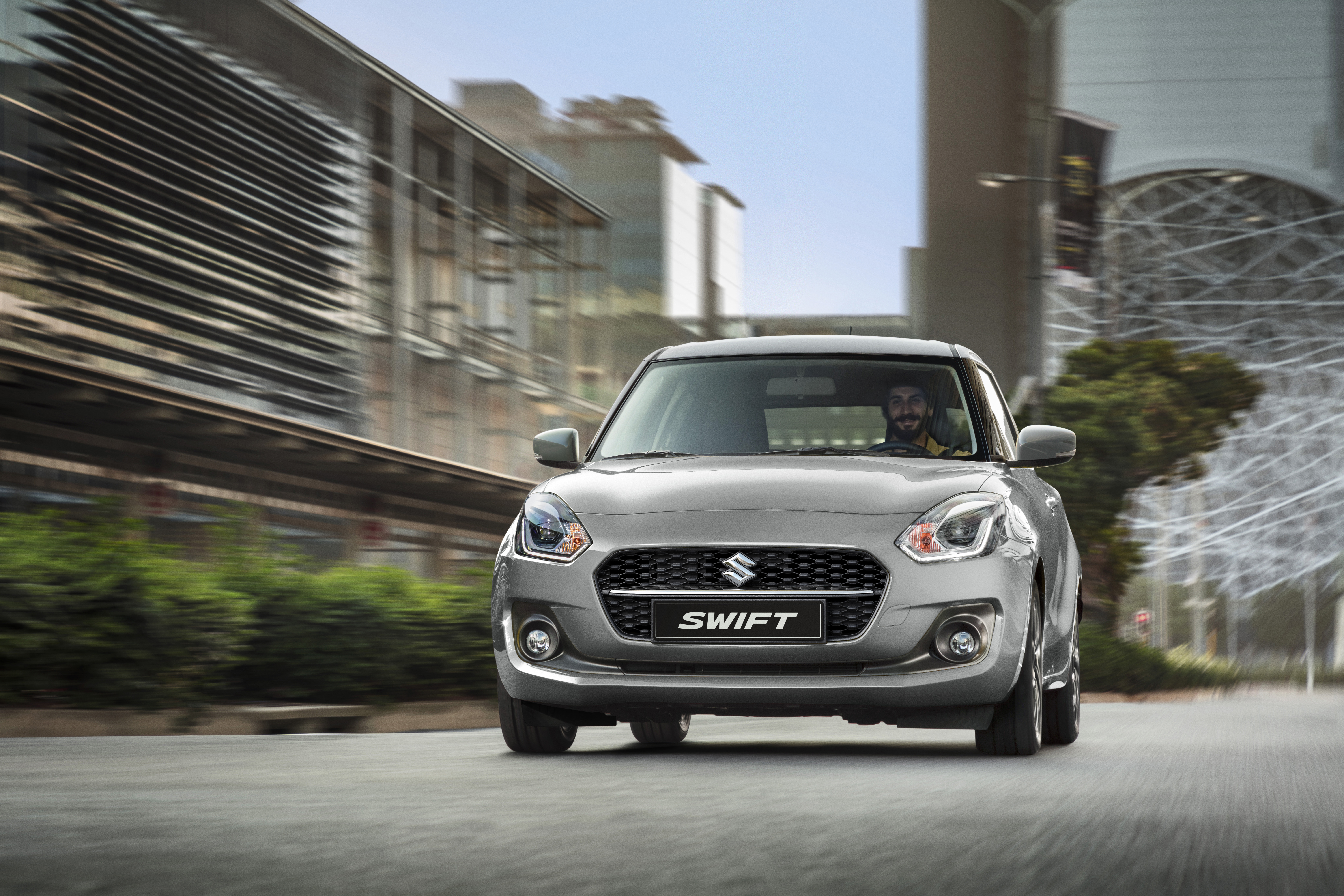go back to news archive
Suzuki’s guide to mild hybrid cars
A helpful guide to Mild Hybrid Electric Vehicles (MHEV), and how Suzuki’s MHEVs benefit you.
In today’s 21st century automotive world, a significant proportion of vehicles on Singapore’s roads are equipped with some form of electric propulsion, whether they are hybrids or electric vehicles (EV). In the broad scope of automobiles, hybrids serve as the middle ground between electric vehicles and internal combustion engine (ICE) cars. Offering stellar fuel consumption levels and a smoother driving in electric drive mode, hybrids are cleaner and more environmentally friendly way of travelling.
But there is another alternative to hybrid vehicles that is gaining popularity amongst buyers looking for something that bridges the gap between ICE and EV. These are Mild Hybrid Electric Vehicles (MHEV), and while they are more mechanically similar to ICE vehicles, they share many similarities and benefits associated with electrified powertrains.
What makes a mild hybrid a mild hybrid?
In practice, a mild hybrid is still a predominantly gasoline-powered vehicle. MHEVs are equipped with a battery and an electric motor which typically comes as a belt-driven starter generator (BSG) or an integrated starter generator (ISG) bolted to the engine, such as the ISG used in Suzuki’s Smart Hybrid Vehicle By Suzuki (SHVS) system for improved fuel economy and cleaner emissions.
 Image: Smart Hybrid Vehicle by Suzuki (SHVS) makes use of a 12V battery and an Integrated Starter Generator (ISG) for increased performance, improved efficiency and lower emissions.
Image: Smart Hybrid Vehicle by Suzuki (SHVS) makes use of a 12V battery and an Integrated Starter Generator (ISG) for increased performance, improved efficiency and lower emissions.
The motor isn’t directly connected to the wheels of a MHEV so unlike a full hybrid, MHEVs are not capable of driving on electricity alone. But like most parallel hybrid systems, the battery pack can be recharged with braking regeneration from the engine.
Essentially, one could think of a MHEV as an electrically assisted ICE car with some of the benefits of a full hybrid. Better fuel economy, smoother operation in stop start traffic and the benefit of behaving akin to a petrol (or diesel) powered car.
Not everyone is fully prepared to embrace EVs or plug-in hybrids, owing to the infancy of Singapore’s charging infrastructure. While most would be familiar and willing to make the switch to hybrid drivetrains, some would still prefer the familiarity of driving a conventional ICE car. In this regard, an MHEV would be an excellent fit as it melds the benefits of both systems into a single package - with no downsides.
How does an MHEV system benefit me?
On the move, an MHEV works not unlike a conventional petrol (or diesel) powered vehicle. But the electric motor supplies drivers with a helpful boost of power and torque to fill in the gaps from the ICE powertrain to improve acceleration, which helps when you’re in the middle of an overtake or if you need a burst of speed.
While coasting, the car’s engine also shuts off to conserve fuel when the engine isn’t under any load. The same applies while the car is stationary or while the battery powers the car’s ancillary functions like air con and infotainment systems. When you lift your foot to move off, the car spurs up seamlessly to get you moving again with minimal vibrations and noise.
An MHEV powertrain is also less complex than full hybrids or battery electric vehicles, making them a more economical option for buyers. On average in the Singapore market, MHEVs cost between S$20,000-S$30,000 less than a fully-fledged hybrid. And the cost benefits aren’t just limited to purchase costs.

The improved efficiency you get with an MHEV means you can go further on a single tank of fuel than if you were in a conventional ICE vehicle. Take for instance the Suzuki S-Cross, which has a 47-litre fuel tank and a fuel consumption figure of 5.7L/100km. Theoretically, those figures can net you almost 820km of range on a single tank, which also saves you money in the long run.

Similarly, a Suzuki Swift Mild Hybrid with a smaller fuel tank and an efficient 1.2-litre could hit similar range figures than the larger SUV. That’s enough range to get you up to Kuala Lumpur and back on a full tank of petrol.
Suzuki’s mild hybrid range
Suzuki also has several cars in its stable that feature MHEV tech. From family haulers like the S-Cross, to compact options like the Suzuki Swift hatchback.
Clearly, there’s a mild hybrid Suzuki for everyone. And as Singapore moves toward greener pastures where vehicle electrification is concerned, MHEVs are a good option for drivers looking to dip their feet into electrification tech. MHEVs aren’t as costly as hybrids, they’re much more convenient to refuel unlike full EVs and they’re more efficient than ICE cars.
In many regards, a mild hybrid vehicle is catered to suit the needs and tastes of most drivers in Singapore. The good news is, Suzuki has a range of options for you to choose from. From families to salarymen, even driving enthusiasts, there’s a Suzuki for everyone.
